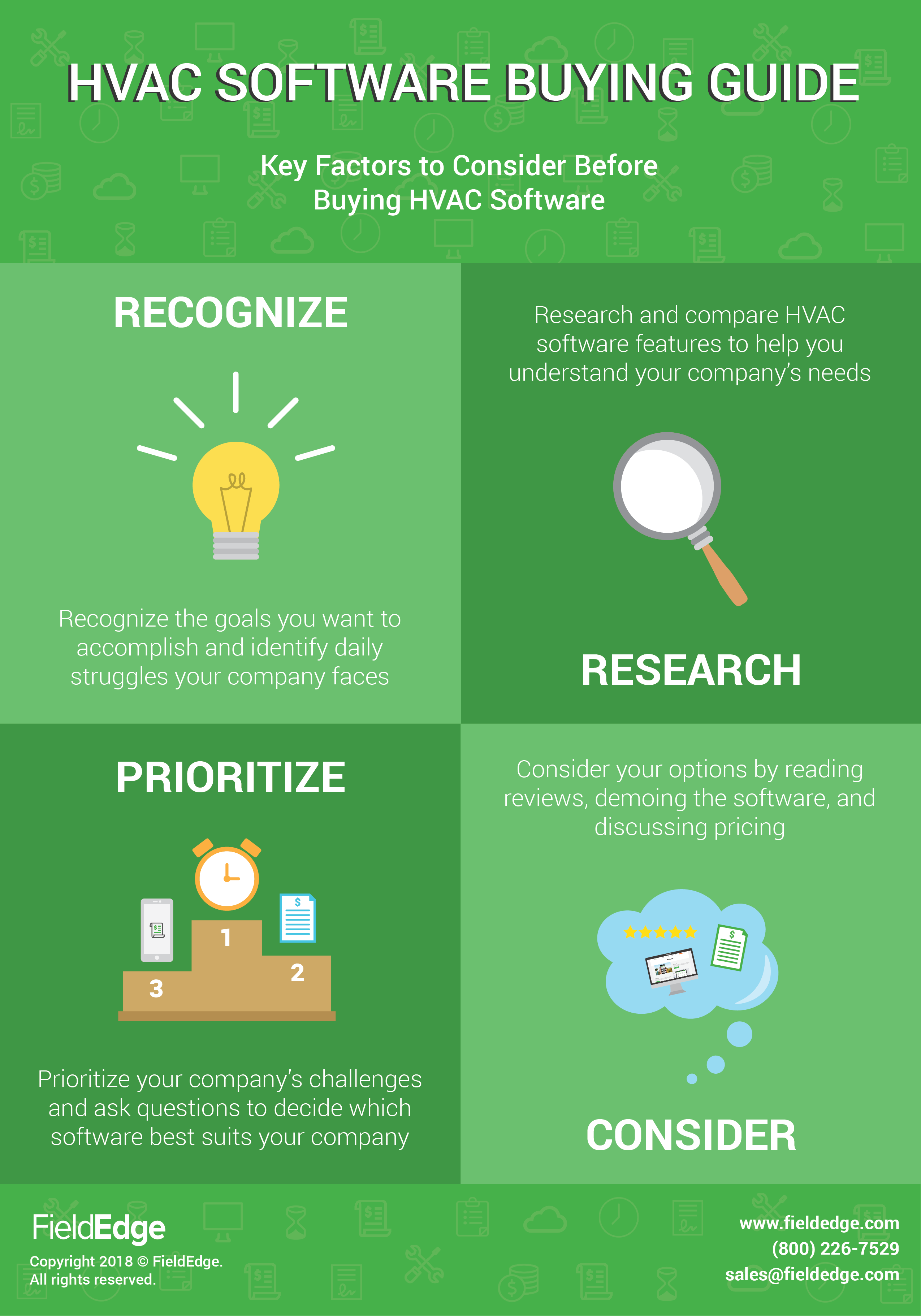The Future Of Home Home Heating - How Heatpump Modern Technology Is Evolving
The Future Of Home Home Heating - How Heatpump Modern Technology Is Evolving
Blog Article
Post By-Marshall Kaae
Heatpump will be an important innovation for decarbonising home heating. In a circumstance regular with governments' introduced energy and climate dedications, their international capacity increases by 2030, while their share in heating rises to one-quarter.
They function best in well-insulated homes and rely on electrical power, which can be provided from a sustainable power grid. Technical developments are making them extra efficient, smarter and more affordable.
Gas Cells
Heatpump use a compressor, cooling agent, coils and fans to move the air and heat in homes and devices. They can be powered by solar power or power from the grid. They have been obtaining appeal because of their inexpensive, quiet operation and the capability to produce power throughout peak power demand.
Some firms, like IdaTech and BG MicroGen, are servicing gas cells for home heating. These microgenerators can change a gas boiler and generate several of a home's electrical needs with a link to the electrical energy grid for the remainder.
But there are factors to be unconvinced of using hydrogen for home heating, Rosenow says. It would be expensive and inefficient contrasted to other innovations, and it would add to carbon discharges.
Smart and Connected Technologies
Smart home modern technology enables house owners to link and regulate their tools remotely with using smartphone apps. For example, wise thermostats can learn your heating preferences and instantly adjust to optimize power intake. Smart lighting systems can be regulated with voice commands and instantly shut off lights when you leave the room, minimizing power waste. And clever plugs can monitor and manage your electrical usage, allowing you to recognize and limit energy-hungry home appliances.
The tech-savvy family portrayed in Carina's meeting is a good illustration of exactly how passengers reconfigure room home heating practices in the light of new clever home innovations. They depend on the tools' computerized functions to carry out daily adjustments and regard them as a convenient means of performing their heating techniques. Therefore, they see no factor to adapt their practices even more in order to allow flexibility in their home energy demand, and treatments focusing on doing so may face resistance from these households.
Electrical power
Since heating homes represent 13% people discharges, a button to cleaner alternatives might make a big distinction. However the modern technology encounters challenges: It's costly and calls for considerable home renovations. And it's not constantly suitable with renewable resource sources, such as solar and wind.
Up until recently, electrical heatpump were too expensive to compete with gas versions in the majority of markets. However brand-new developments in design and materials are making them extra inexpensive. And https://costofreplacinghomeacunit98530.frewwebs.com/29892252/are-warmth-pumps-one-of-the-most-effective-hvac-solution-for-your-home-a-comparative-analysis is enabling them to work well also in subzero temperatures.
The next step in decarbonising home heating might be using warmth networks, which attract warmth from a main resource, such as a neighboring river or sea inlet, and distribute it to a network of homes or buildings. That would certainly reduce carbon discharges and allow families to make use of renewable resource, such as green electrical power from a grid supplied by renewables. This alternative would certainly be less pricey than switching over to hydrogen, a fossil fuel that needs brand-new facilities and would just lower carbon dioxide exhausts by 5 percent if coupled with boosted home insulation.
Renewable resource
As power rates drop, we're starting to see the same fad in home heating that has driven electric vehicles right into the mainstream-- yet at an even quicker speed. The strong environment situation for impressive homes has been pushed even more by brand-new research.
Renewables represent a considerable share of modern-day heat usage, but have been provided limited plan attention worldwide compared to other end-use sectors-- and also much less attention than electricity has. Partly, https://www.stgeorgeutah.com/news/archive/2021/04/06/avm-copyright-get-your-air-conditioner-ready-for-another-scorching-summer-with-a-tuneup-from-comfort-systems/ reflects a mix of consumer inertia, divided incentives and, in lots of countries, subsidies for fossil fuels.
New innovations can make the shift much easier. For example, heat pumps can be made more power reliable by changing old R-22 refrigerants with new ones that don't have the high GWPs of their predecessors. Some specialists additionally imagine district systems that attract heat from a close-by river or sea inlet, like a Norwegian arm. The warm water can then be utilized for heating and cooling in a neighborhood.